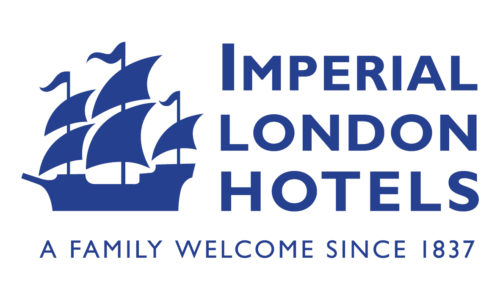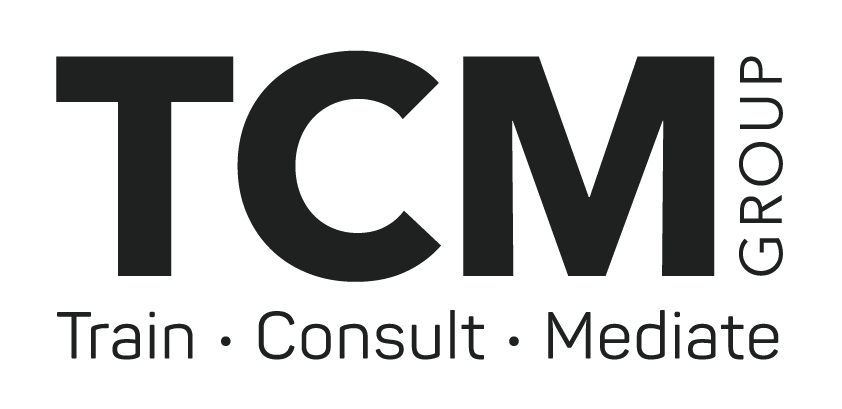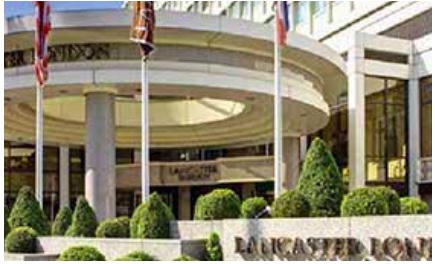
Imperial London Hotels has overturned a culture of conflict and reduced the number of grievances raised in the business, thanks to the introduction of an alternative approach to resolution.
The new approach to managing conflict has also been the catalyst for a shift towards a culture where dialogue and collaboration are at the heart of all the company’s core processes, from customer service to people management.
Imperial London Hotels is an 180-year-old independent family business. It has a 1,200 strong diverse workforce, spread across a group of seven central London hotels.
When Head of Human Resources, Gemma Todd joined the company, the environment was rife with tension and conflict and the HR team was struggling to manage an endless stream of grievances.
An alternative route
 Gemma’s first move was to introduce the TCM Model Resolution Policy – an approach she had already successfully implemented in a previous role.
Gemma’s first move was to introduce the TCM Model Resolution Policy – an approach she had already successfully implemented in a previous role.
Briefing sessions were organised for all ILH’s managers and supervisors to explain the shift in approach and the way they would be expected to manage conflict in the future.
“We made it clear that the new policy didn’t take away people’s right to raise a grievance, but that the formal route would no longer be the default position,” said Gemma. “The emphasis going forward would be more on getting people around the table to talk to each other and see if they could find a resolution to their concerns.”
A welcome change
Response from managers – who were themselves exhausted with the constant falling out amongst among staff – was mostly positive.
The new resolution policy, which replaced the old grievance policy in the staff handbook, was also broadly well received by staff.
The new approach was underpinned by a series of development workshops, designed to help managers understand how to have difficult conversations and performance manage people in a more constructive way.
Goodbye to grievances
The number of grievance cases has now declined dramatically, to the point where at the time of writing, the HR team do not have a single grievance on their case list.
The new approach proved to be pivotal when the company recently found itself in front of a tribunal. A disciplinary issue arose with a challenging employee who had been involved in a series of disputes over time. The business made strenuous efforts to resolve the situation, but the individual concerned failed to adhere to actions that had been agreed during informal discussions, and was eventually dismissed. An allegation of unfair dismissal was lodged – which was not upheld when it came to tribunal.
The judge made particular mention in her summation of the way the business had gone above and beyond the call of duty in attempts to mediate and bring about a lasting resolution.
The future
With the new approach now well-established, Imperial is looking to take conflict management skills in the business to the next level by running TCM’s introductory level mediation skills programme for front line supervisors. There are also plans to put a smaller group through more advanced training, with a view to creating a team of internal mediators who could be brought in to support managers if needed in particularly challenging situations.
Gemma believes that investing in this training will deliver more than just an enhanced ability to deal with conflict. “It will equip people with a set of transferrable skills around questioning, listening and exploring – all of which are valuable for anyone in a management position,” she says.
Overall impact
ILH has benefitted enormously from taking an alternative approach to resolution – not least in terms of freeing up HR time. “We are no longer embroiled in these long, complex, time-consuming grievance cases, which has given us the opportunity to branch out into more value add HR and organisational development work, as opposed to being grievance officers all day every day,” says Gemma.
The change in culture – for the better – has also been noticeable. “People tell me the place just feels different – and that is largely because the emphasis is now much more on conciliation, discussion, exploring alternatives and looking at how conflict can be tackled in a more collaborative way,” says Gemma.

Key lessons from the ILH experience
- Don’t expect too much too soon. Some managers may see it as yet another ‘HR initiative’ which is going to cause them more work, but with the right training and support they will soon come to appreciate the benefits.
- Start slowly and test the water. Don’t use the approach for the first time on your biggest and most complicated case. Try the small stuff and see what works and what doesn’t in a low stakes situation.
- Give people chance to air and share. Give those involved in managing conflict the chance to get together to share ideas, talk about what’s worked well and what hasn’t (without breaking confidence) and provide plenty of opportunities to keep skill levels up.





